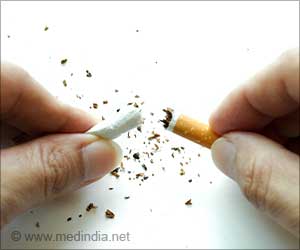New study examines how teenagers' binge drinking affects genes, brain circuitry, behaviors through epigenetics that alter the expression of genes without directly modifying them.

‘New funded study will associate enduring epigenetic changes to functional changes in the brain and related behaviors emerging from adolescent alcohol exposure in adulthood.
’





The UIC site is led by Subhash Pandey, professor of psychiatry and director of the Center for Alcohol Research in Epigenetics at UIC. He also will serve as a scientific director of the overall NADIA consortium. Research goals for the consortium include:
Identifying neurobiological changes that result from early binge drinking. Investigating the role of abnormal epigenetic processes in the amygdala, which ups adult psychopathology risk such as anxiety, and alcohol use disorders.
"Researchers supported by this grant will work together to develop epigenetic editing tools that can potentially correct abnormal epigenetic markers that influence genes expressed in the brain with the hope that editing may help normalize neurobiological and behavioral changes in adulthood after adolescent alcohol exposure," explained Pandey.
The funding will also support the development of core scientific resources for the consortium and provide expertise and molecular tools to other alcohol researchers for investigating the biological basis of adult psychopathology linked to adolescent drinking.
Advertisement
- One in six US adults binge drinks about four times a month
- Binge drinking is most common among younger adults aged 18–34 years
- Over 90% of U.S. adults who drink excessively report binge drinking in the past 30 days
Source-Medindia











